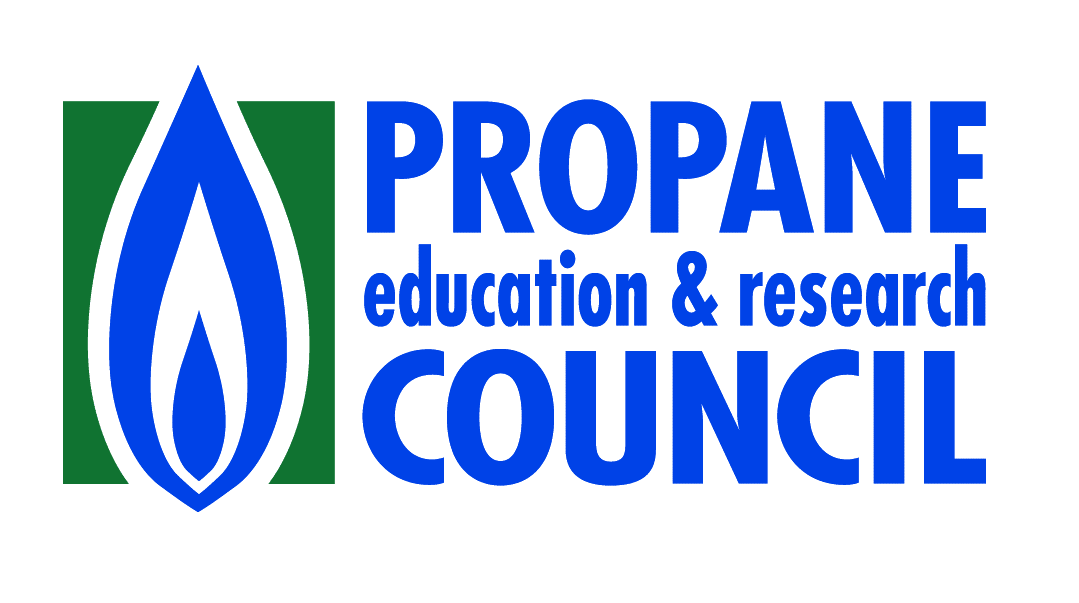For four decades, propane autogas has been a proven fuel of choice for fleets of all sizes. From coast to coast, fleets have selected propane autogas as the energy solution to lower operating costs and clean up communities with reduced emissions. Every day, over 50,000 propane-powered commercial fleet vehicles are on the road in the United States, and more than 1.2 million students ride to school and home on a propane autogas school bus.
But there are more benefits to propane autogas than just reduced operating costs and emissions. Combine that with the fuel’s reliability, performance, and innovation, and propane autogas is an ideal energy source for now and well into the future. School transportation departments, private contractors, and businesses are choosing propane autogas for these top five reasons and more.
Fleets select propane autogas as the energy solution to lower operating costs and reduced emissions.
Propane Autogas is a Clean Energy Source
In real-world testing conducted by West Virginia University in 2018, propane autogas buses produced 96 percent fewer nitrogen oxide (NOx) emissions compared with clean diesel buses. Ultra-low NOx propane autogas engines are 90 percent cleaner than mandated U.S. EPA standards and certified to the optional ultra-low NOx emissions standard as defined by the California Air Resources Board (CARB) for heavy-duty engines with 0.02 grams per brake horsepower-hour. The new engine technology is classified as near-zero emissions and has moved propane autogas even closer to achieving zero emissions levels.
Propane Autogas Provides a Low Total Cost-of-Ownership
Thanks to its low fuel and maintenance costs, propane autogas reduces emissions significantly at a low cost. Plus, propane autogas provides fleets with a return on their investments within 24 to 36 months, or less, with higher mileage vehicles.
Technicians who maintain, diagnose and repair propane autogas vehicles report maintenance is easy.
Propane Autogas Performance Can Be Trusted Well Into The Future
Clean diesel engines require rigorous and costly maintenance to remain efficient and compliant. Because propane autogas is a clean energy source, its emissions systems are much less complex and don’t require additional fluids or filters to ensure performance and meet emissions standards.
Compared to gasoline, propane autogas won’t degrade or prematurely wear engine component parts. When properly maintained, propane autogas has fewer residual contaminants in the oil that can damage engines, and there is also less carbon build-up on the valves that naturally occurs in gasoline engines. Technicians who replace, maintain, diagnose, and repair propane autogas vehicles report maintenance is easy to perform and the vehicles start and operate reliably every day.
Propane Autogas Provides the Performance Your Fleet Requires
Propane autogas vehicles and fuel systems are manufactured by OEMs that you know and trust to provide the performance that is required for your fleet. Today’s propane autogas fuel systems provide vehicles with the power and performance that is comparable to gasoline and diesel-fueled vehicles.
Renewable propane has a lower carbon intensity than conventional propane, and is produced from renewable raw materials.
Propane Autogas is Innovating Clean Performance
Renewable propane is an important part of the future of propane autogas. It is a byproduct of the renewable diesel and jet fuel production process, which converts plant and vegetable oils, waste greases, and animal fat into fuel. Renewable propane has the same chemical structure and physical properties as conventional propane and can be used in any existing propane autogas engine. Because it’s produced from renewable raw materials, renewable propane has an even lower carbon intensity than conventional propane and is far cleaner than other energy sources. Renewable propane is already available in several states on the West & East coasts, and U-Haul has secured over one millions gallons to distribute at many of its locations in 2021.
The Department of Energy also recently funded six propane-related projects totaling more than $9 million that will drive innovation for years to come. The projects include improved efficiency of medium- and heavy-duty engines, technology integrations, and adoptions in new markets.
For these reasons, it’s no surprise that more and more fleets are turning to propane autogas as their energy solution. To learn more about propane autogas, visit Propane.com/Fleet-Vehicles.



